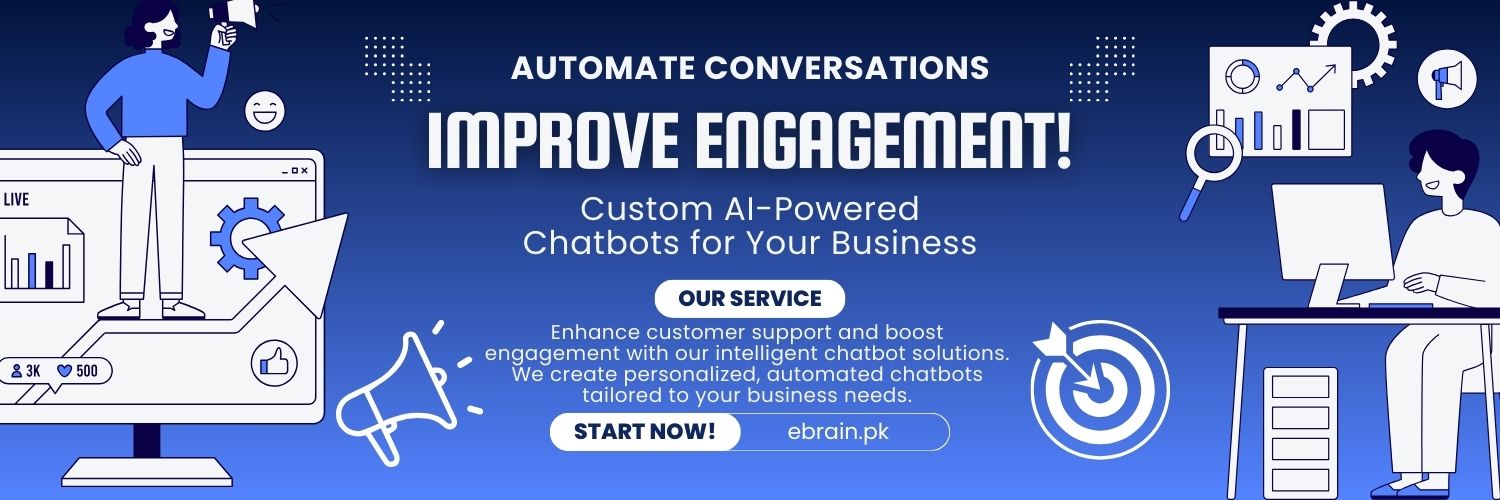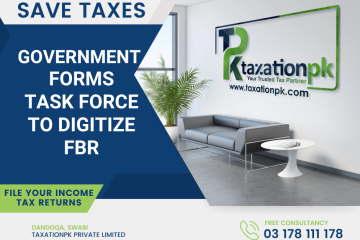Federal Board of Revenue (FBR) is set to unveil a new electronic system for clearing outstanding income tax refunds. This initiative aims to tackle the backlog of refund applications and expedite the process for taxpayers.
Key Points:
- Backlog of Refunds: The FBR is currently dealing with a backlog of 93,874 unprocessed income tax refund applications.
- New Electronic System: The proposed system aims to clear these pending applications and automate future refunds.
- Streamlined Workflow: The new system will enable faster processing and eliminate manual errors associated with the current method.
- Legislative Approval: The new rules for this electronic system are expected to be presented in the upcoming budget for 2024-25.
- Benefits for Taxpayers: Faster refunds will improve cash flow for businesses and individuals, while a more efficient system enhances taxpayer satisfaction.
- Economic Impact: The injection of stuck refund money into the economy can stimulate economic activity.
Addressing Current Challenges:
- The existing paper-based system is prone to delays and inefficiencies.
- Lack of clear procedures for implementing Section 170A of the Income Tax Ordinance, which allows automatic refunds without applications, has created complexities.
- Limited public awareness about the new electronic system and IRIS 2.0 platform might hinder its effectiveness.
The Way Forward:
- The FBR’s IT Wing is developing the new Section 170A module for automated processing.
- Field formations are expediting processing of pending applications, ensuring due process for all claimants.
- Public education campaigns are crucial to raise awareness about the new electronic system and its benefits.
Looking Ahead:
The FBR’s move towards an electronic refund system signifies a positive step in modernizing Pakistan’s tax administration. Effective implementation, collaboration between FBR departments, and public education will be instrumental in the success of this initiative. Streamlining the refund process will not only improve taxpayer experience but also contribute to a more efficient and transparent tax system, ultimately benefiting both the government and the economy.







